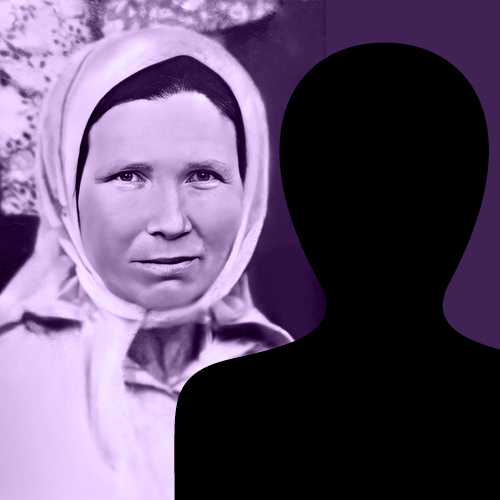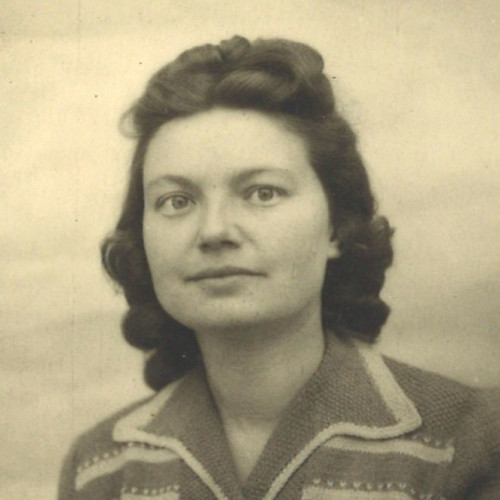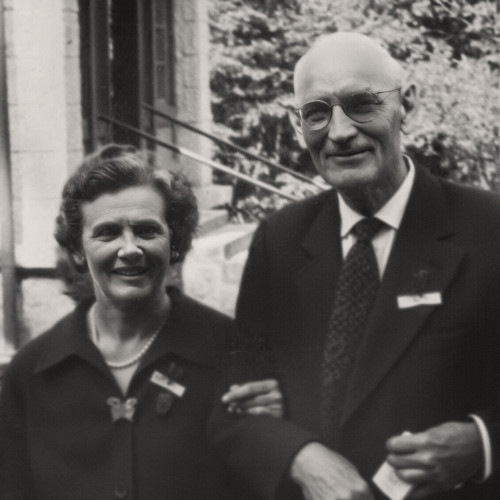Zinaida Giergiel z d. Radczuk (1912—1989) - Instytut Pileckiego
Zinaida Giergiel z d. Radczuk (1912—1989)
Awarded in 2019.
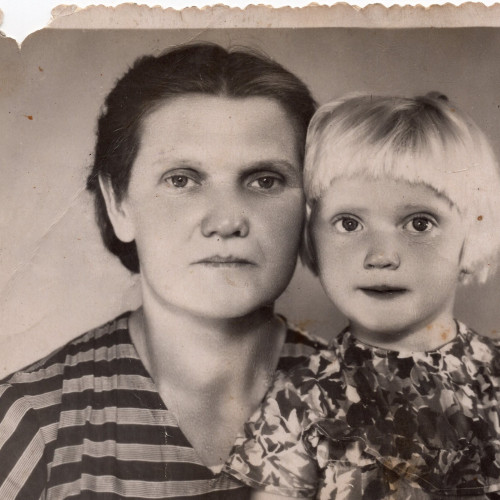
Zinaida Giergiel suspected that after being chased out of their homes and suffering from hunger, the Poles would attempt to return to their farms. She was able to warn polish family that a unit of the OUN/UPA was waiting for them in the house.
From the beginning of the Second World War, after the USSR and Nazi Germany entered the Polish territories, occupation policies of both invaders were aimed at dividing and antagonizing the citizens of the Second Polish Republic, especially in the Eastern Borderlands, where Poles, Ukrainians, Belarussians and Jews lived side by side. In the summer of 1943 in Volhynia, a systematic ethnic cleansing operation involving mass murder of Poles was carried out by the units of the OUN/UPA with the help of the local Ukrainian population. In the village of Marcelówka near Volodymyr-Volynskyi, a longstanding neighborly bond between the Polish Zaremba family and the Ukrainian Giergiel family prevailed over the deliberately fostered antagonisms dividing the nations.
Having learned about a planned attack by Ukrainian nationalists on Poles, Anatolyi Giergiel warned his friend, Władysław Zaremba, who then managed to alert the rest of the village. As a result, the Zaremba family and other Polish inhabitants of Marcelówka escaped violent death.
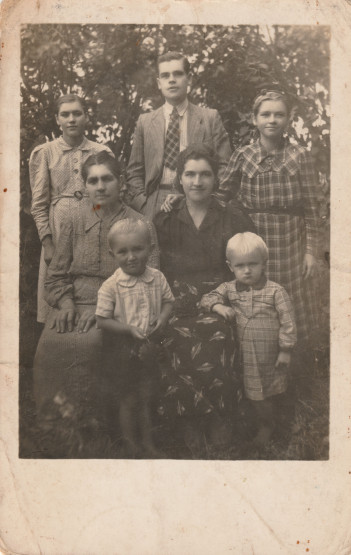
Zinaida Giergiel suspected that after being chased out of their homes and suffering from hunger, the Poles would attempt to return to their farms. For several days she kept watch in case their neighbors appeared. She was able to warn Rozalia Zaremba that a unit of the OUN/UPA was waiting for them in the house, and consequently saved the Zaremba family from death for the second time.
fot. Zinaida Giergiel / Tamara Handyi’s family collection
See also
- Anastasija Koreń (1908–1967) Mykoła Koreń (1905–1944)

awarded
Anastasija Koreń (1908–1967) Mykoła Koreń (1905–1944)
On the evening of 15 July, Mykola’s brother-in-law appeared at the Korens’ doorstep, accompanied by four children of their neighbors, the Adamowiczs: nine-year-old Teresa, five-year-old Janusz, three-year-old Stasia and one-and-a-half-year-old Henio.
- Anna Jelínková (1918–2009)

awarded
Anna Jelínková (1918–2009)
During the war the Jelíneks saved more than 40 people: the Jewish families of Fischer and Fronk, the Polish family of Siekierski, Feliks Zubkiewicz, whose loved ones were killed by the Ukrainian Insurgent Army, and the Ukrainian family of Lutsyuk.
- Berta Ludvighová (1903–1983) Otto Ludvigh (1898–1987)

awarded
Berta Ludvighová (1903–1983) Otto Ludvigh (1898–1987)
The Kežmarok house was a unique location for Polish couriers and refugees: they could rest and recuperate there, eat a meal, or obtain necessary assistance.
